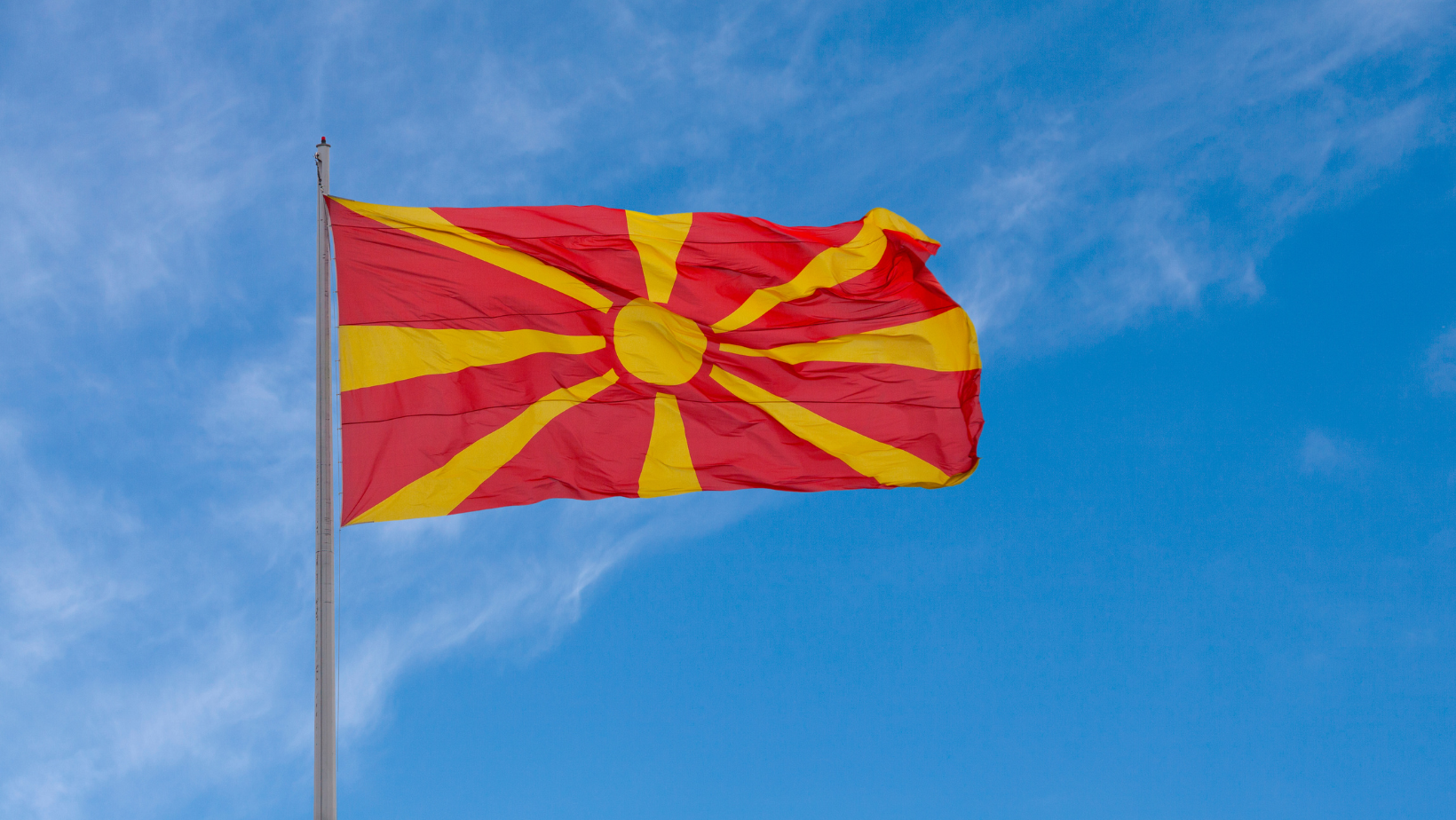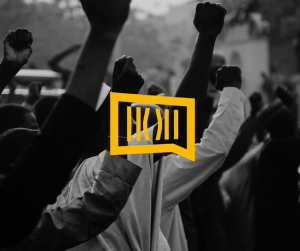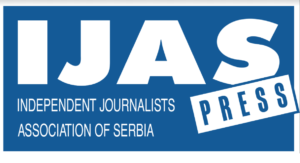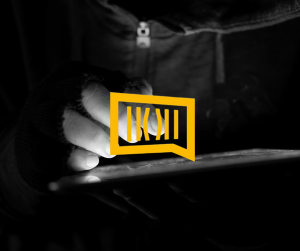North-Macedonia has gradually seen an improvement of press freedom over the last few years, as in 2019 they ranked 95th on RSF’s press freedom index, and now they rank 38th. However, there are still many challenges and threats for independent media, and the outcomes of the upcoming elections are very important.
Our partner in North-Macedonia, the Association of Journalists of Macedonia (AJM), supports independent journalism in many ways. They raise awareness with journalists on professional standards, for example by organising trainings and study visits. They collaborate with national, regional and global organisations to advocate for amending important pieces of legislation to foster a more enabling environment for journalists, and they provide journalists with free legal aid and psychosocial support.
Current media environment
The media environment in North-Macedonia has improved under a social democratic government in the last few years, Dragan Sekulovski, Executive Director of AJM noticed. “Journalists don’t have the level of fear that they used to have a few years ago, which resulted in a slight decrease in self-censorship.”
However, this does not assure that this improvement will continue, there are pressing issues that need to be addressed. Sekulovski: “We miss systematic solutions that ensure long term guarantees. One of the biggest obstacles that we have is the poor social standards in the media community. When it comes to salaries, more than half of the people within the media sector are paid less than the average monthly salary in the country. So you can’t really expect a huge dose of braveness when people are simply not being paid properly, and do not have fair contracts.”
Legal attacks
A rather new obstacle in North-Macedonia is the large number of Strategic Lawsuits Against Public Participation (SLAPP’s) taking place against journalists. Sekulovski is afraid that the court is going in the wrong direction. “We have had a few high profile cases, of which the latest verdict of a journalist is not in line with the standards of the European Court of Human Rights.”
Documentation is also an issue, he continues. “We as AJM have the only public register of attacks against journalists. A lot of cases, especially older ones, are not resolved. So the level of impunity when it comes to infringement of the rights of journalists remains quite high. We see that this has an effect on the attitudes of journalists, and causes self-censorship.”
Threats around upcoming elections
North-Macedonia is heading towards a double election, both presidential and parliamentary elections will take place on 24 April and 8 May respectively. Officially, the campaign period starts 20 days before election day. But Sekulovski has seen the unofficial campaign starting months ago, following narratives and public statements by political candidates.
“We foresee that it’s going to be a difficult year,” Sekulovski says. “According to our research on the safety of journalists during an election year versus a normal year, we see that the chances of journalists to be attacked, harassed, and threatened, is four times bigger during an election year.” And this year it is expected to be even worse, given the double elections. “We already saw aggressive statements coming from leaders of political parties and mistreatment of journalists during public events”, Sekulovski states.
Besides monitoring these violations against the press, AJM tries to prevent more of them happening. They do this by using the data and harmful statements from authorities to publicly issue warnings. Sekulovski: “We also communicate constantly with political parties and the state election committee to stress that journalists are not their enemies.”
AJM also conducted a fact finding mission in June last year with five international organisations. “We found that a large number of the authorities have difficulties understanding the role of journalists and the role of media within society. Even worse, a politician’s first instinct when they are faced with criticism, is to immediately attack in order to diminish it. They turn to make negative statements regarding the media, or towards a specific journalist.”
Lack of objective election reporting
When it comes to objective reporting on the elections, Sekulovski also signals great issues. “During the last elections political parties spent more than €5 million on political advertising. Now, with double elections, the expectation is that around €10.6 million will be spent in approximately 20 days,” he says.
This is a problem because the media market in North-Macedonia is very small. Annually, around 20 to €25 million is the overall budget of all broadcasters in the country, excluding the public broadcaster. “Imagine adding almost 11 million to this, it is basically buying half of the space and influence of non-public TV stations,” Sekulovski explains.
He continues: “As an association we say that Macedonia should cease the public funding for election campaigns, and everyone should use the public service for free. No political parties are using it now because for them, it’s more attractive to advertise at private media. That way they have an opportunity to “buy into” the editorial policy of the media so that, when they come into power, they have a “friendly media” that will have their back. I don’t expect that many of these media will be reporting objectively. I expect many of them to be biased towards the political party that pays them.“
There are some media that are refusing to receive these kind of funds, claiming that they don’t want to be part of the game because it is bad for their reputation, however they are far outnumbered.
Recommendations for a new government
When the right-wing and middle parties were in power, Macedonia had the worst position on the global press freedom indexes. The last four years the Social Democrats were in power, and even though the situation for press freedom somewhat improved, they missed many opportunities to ensure improvement on the long term.
Sekulovski: “In a recent development, both the right-wing and left-wing parties have cooperatively passed a new law that reintroduces state advertising. This change means that a potentially €5 million, will be allocated for political campaigning in the media outside of election years. This decision could significantly alter the media sector, potentially muting the critical voices within the journalistic community.”
Therefore Sekulovski’s first hope for a new government would be to seize the public funds for state advertising, and to follow the recommendation of the Council of Europe about creating a transparent fund for media pluralism. Other than that Sekulovski hopes for more support to local media: “They have little funds which causes many topics to be underreported.”
And lastly, safety of journalists needs to be on the agenda. “We had a negative start of the year with the many SLAPP cases. We need to have a better understanding on this from the authorities in order to define better laws that will protect journalists from legal attacks.”
Source: Free Press Unlimited




